
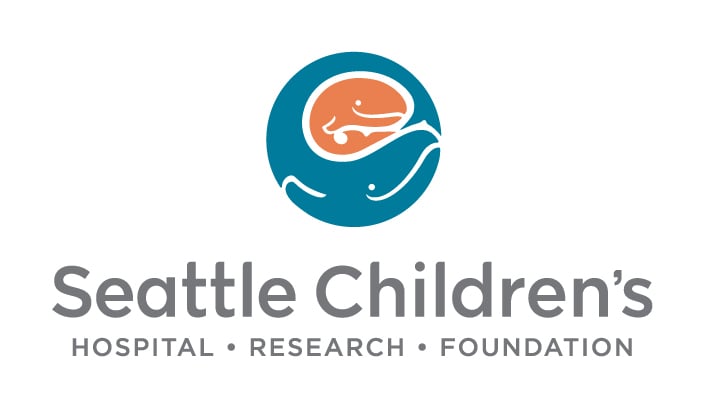
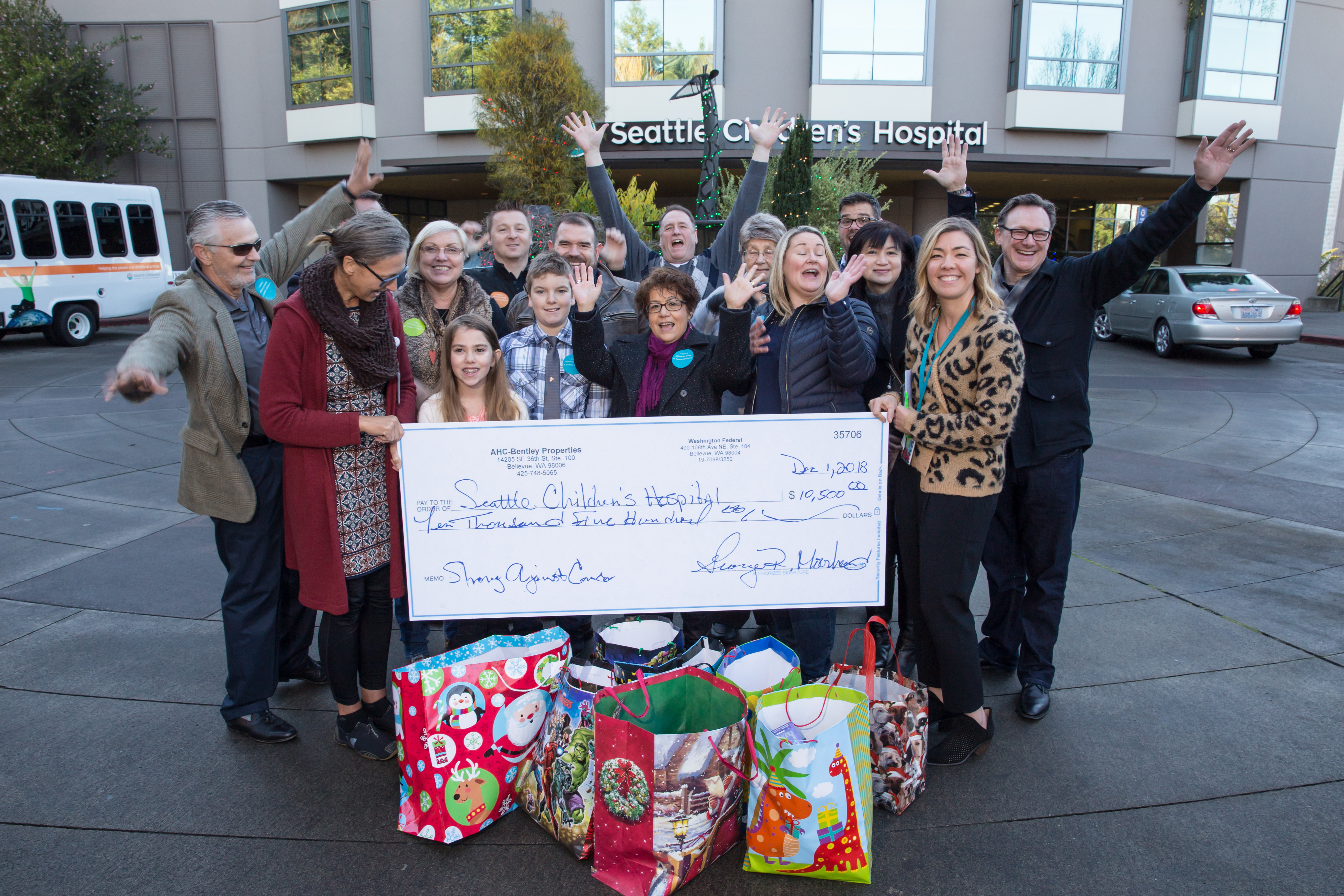
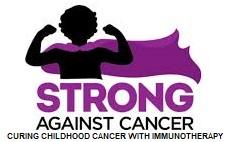


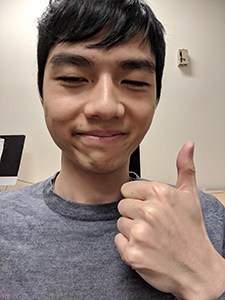
I Was Not Ready to Die: Seattle Children’s Immunotherapy Saved My Life
Cancer is such an ugly word. On the internet, it has become normal for people to use it to describe things, ideas or people they don’t like. But for me, that word only brings back painful memories of fighting a disease I would not wish on my worst enemies.
I was first diagnosed with acute lymphoblastic leukemia in January 2013. I was 19 years old, living in Vancouver, Canada, and studying computer science at Simon Fraser University.
I became suddenly ill while on a cruise vacation with my family. I had a fever that wouldn’t go away; nausea for no reason; and extreme fatigue. I needed to sleep all the time. I could barely walk. Climbing a flight of stairs felt like trying to climb Mount Everest.
We knew something was very wrong, so my family took me to the Emergency Department at Vancouver General Hospital.
I still remember lying on the hospital bed after the doctor delivered the bad news — I had leukemia. I couldn’t believe it. I asked the nurse as he was putting in my IV, “How long do you think it’ll take before I get better?”
He replied, “My friend, I’m afraid this is just the beginning of a long and difficult journey for you.”
And it was — the next year was the longest and hardest of my life. I was constantly in and out of the hospital. I was too old for the local children’s hospital, so I was treated in an adult hospital. My roommates were all at least double my age — emphasis on “at least.”
On days when I felt well enough, my friends would visit me with Nintendo controllers in hand and we’d play Smash Brothers on the ward’s old TV.
I was treated the “old way” — can we call it that yet? — chemo, or, as I call it, the nuclear option. My body always responded well to the therapy, so I hoped each course of cytotoxic goodness would be my last. But, it never turned out that way.
Chemo is literally torture. You can’t understand unless you’ve been through it. I’m not talking about the minor effects like losing all your hair, the fatigue that wipes you out or the taste of metal when it enters your bloodstream.
I’m talking about the nausea and the puking; the mouth sores that make eating unbearable; the way it destroys your gastrointestinal (GI) tract. At one point, anything I put in my stomach, even water, made me double over in excruciating pain.
I eventually had to go on heavy duty painkillers, just so I could eat.
As if that wasn’t enough, there were the random infections and fevers I got because I didn’t having a functional immune system. Then I got more antibiotics, which did even more damage to my GI tract.
Full body radiation is a whole other kind of unpleasantness. You go into a dark room, lie down with a machine hanging above your head and feel your body getting weaker and weaker.
Despite all of that, I endured it. I never gave up. Throughout my treatment, I kept saying, “I’ll do whatever it takes to get better.” I told myself, “You have to keep your head up, because the minute you give up is the moment you lose.”
After the final rounds of chemo and radiation, I had a bone marrow transplant in August 2013. My doctors in Vancouver told me the transplant had about a 50% chance of success. Of course, I took that chance. I had no other choice.
But in December, just after Christmas, I learned my leukemia was back. That night in the hospital still haunts me. The doctor came in and said they’d exhausted all their options; another transplant was unlikely to work.
I was devastated. It felt like I had lost a coin toss and now I was going to die. At 20. Without graduating university. Without seeing the world. Without a chance to start my life. Without a choice.
I was not ready to die. My mom was not ready to let me die, either. She’d been reading the news, searching for a shred of hope.
We learned of a series of clinical trials that made a patient’s own T cells attack leukemia cells, with promising results. So, we called Dr. Rebecca Gardner, an oncologist and principal investigator at Seattle Children’s. Thankfully, she accepted our desperate plea for help. It wasn’t long until we hopped across the boarder to enroll in the trial.
A couple weeks after my reprogrammed T-cells were injected into me, I developed a nasty fever and had an uneventful visit to the ICU. But then I was in the clear. My leukemia was gone! But, was it for good?
We had a feeling in our guts that it was. And we were right.
I’m 24 now. I’m on my way to finishing my degree in computer science, and I’m healthier than I’ve ever been in my life. Since I got the T-cell therapy four years ago, I haven’t had a trace of leukemia.
I owe my life to this new treatment and to everyone who made it possible. I want to thank all the nurses and doctors who took care of me in both Vancouver and Seattle; the scientists and researchers who worked so hard on this technology; Rebecca, for everything she’s done for me and all the other immunotherapy patients; and all the generous supporters of immunotherapy.
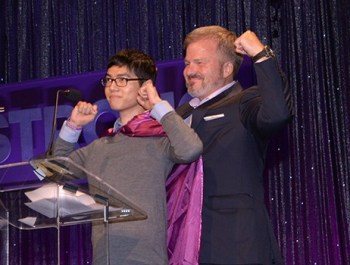
It has been four years since Aaron participated in the immunotherapy trial at Seattle Children’s, and he has been cancer-free ever since.
About Seattle’s Children’s
Hope. Care. Cure.
These three simple words capture what we are here to do. That’s because at Seattle Children’s, compassionate care, breakthrough research and generous donors come together every day for children in need
Your Referral Could Save Lives!
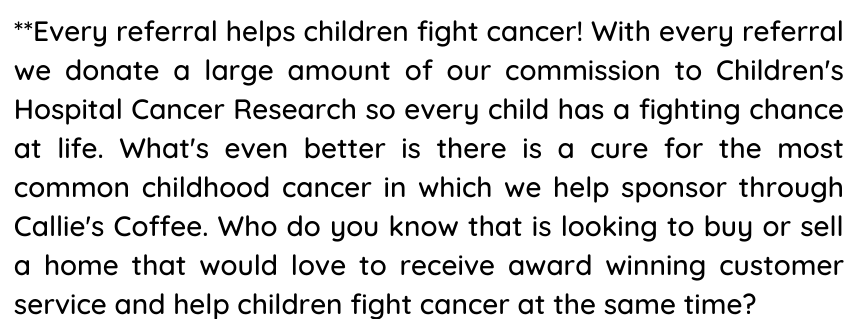

©2020. All rights reserved